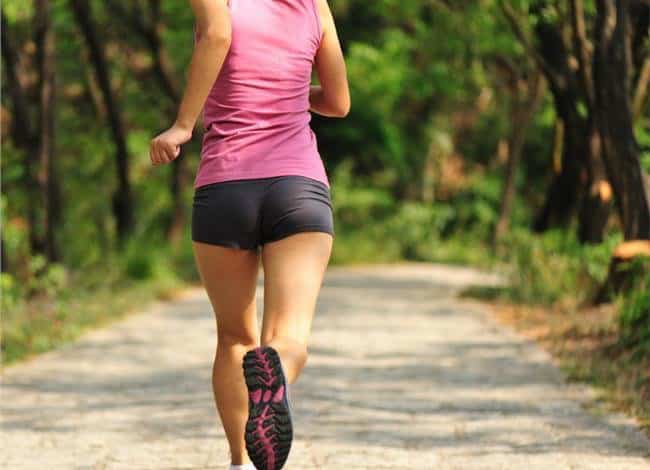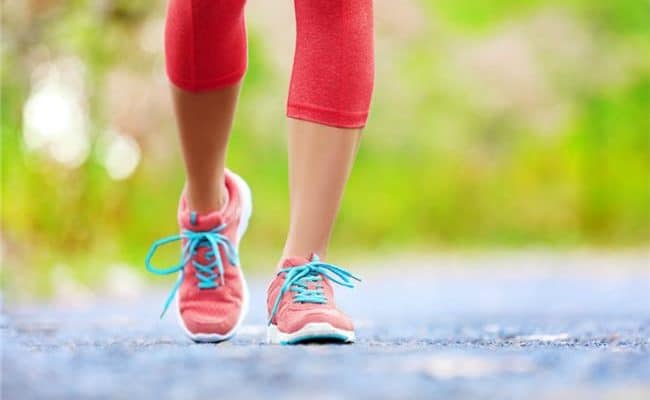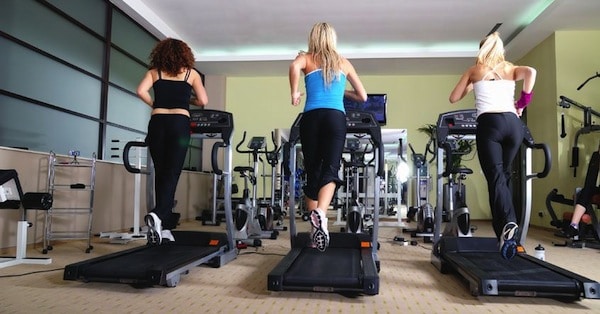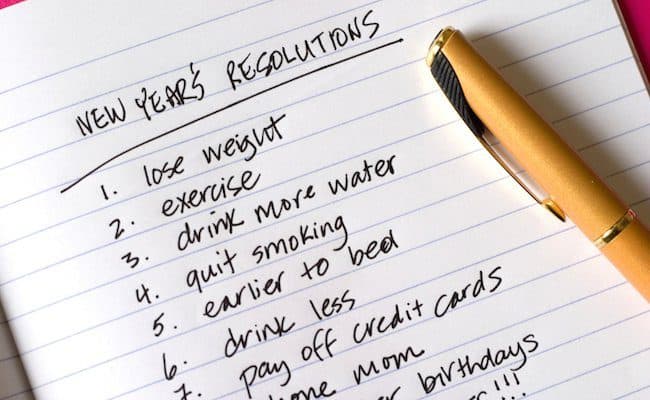
Running in hot weather conditions can affect how you feel, your performance and can add an extra burden to keep your body cool. Your body has to work extra hard to keep you cool in hot conditions. But there are some tips you can do to help your body stay cool in hot weather.
You don’t want to get so hot your body can’t cool down properly. This could lead to heat cramps, exhaustion or heat stroke. One of the most important tips whenever exercising is to listen to your body. Know when you need to stop or slow down for health reasons.
To help your body stay cool, follow these safety tips for running in warm weather.
Stay hydrated
If you start your run in hot weather even slightly dehydrated, your performance will probably be affected. Even being dehydrated 1-2% of body weight can significantly hinder muscle contractions. Before heading out for a run, make sure you have been steadily drinking fluids through the day. Your urine should be very pale yellow to clear most of the day for adequate hydration.
You also want to drink plenty of fluids after you run. You lose more sweat in hot weather, so replenishing fluids in the heat is even more important. You should drink 16-20 ounces of fluids for every pound of sweat you lose during exercise. You can determine how much water weight you lost by weighing yourself before and after exercise.
Go by effort
If you run in the heat, go by your effort instead of a certain running pace. Your heart is working harder in a hot climate to keep your body cool. You may not be able to push your muscles as hard as you could in cooler weather.
Give yourself a break if you’re not running as fast as you normally can when running in the heat. Understand that it is normal to feel like you’re going a little slower than normal and that’s ok! Instead of worrying about how fast or slow you are going, run based on how hard you feel you are working.
If you can carry on a conversation while running but still working hard, that is considered a moderate pace. If you’re running so hard you don’t want to talk, your effort would be considered vigorous. In the extreme heat, regular moderate running effort could feel vigorous.
Run at the coolest times of the day
An easy way to avoid running in the heat is timing your run. Running in the early morning or at sunset are the coolest times of the day and out of direct sunlight. If you can run during these times in the summer, do it. You will feel better during your runs in the hotter part of the day.
Although you may not want to run when your alarm clock goes off early in the morning, you will appreciate it after your run. Running later in the day, around sunset, is another cooler time of the day that may be more realistic for some people.
Dress properly
When running in the heat, dress in light colored, loose fitted clothing. Wear material that is sweat wicking and avoid wearing cotton. Covering your head can help with shading from the sun, but don’t wear a hat that is too tight.
Your body releases heat most from your head, so if you wear a tight cap you could hamper your body’s ability to cool off. Wear a looser fitting cap to shade from the sun and still allow your body to release heat from the head.
Wear sunscreen if you are in the sun to prevent sunburn. It is very uncomfortable to run in the heat when you have a sunburn, so prevention is best.
Take breaks if needed.
Plan your route to include water stops
Adequate hydration before and after your run can help your body cool off best. During your run you may also want to think about water breaks. You can carry a water bottle with you, but you could also try to plan your running route so there are drinking fountains throughout your run.
If you are running longer than 60 minutes and especially if you are a heavy sweater, you may want to drink fluids that contain electrolytes instead of plain water. Parks, gas stations, friends’ houses, convenience stores, fitness clubs, etc. can all make ideal stops on your run for getting some fluids.
Conclusion
Try to run at the coolest times of the day if possible. Wear light, loos fitting clothing that will help keep your body cool in the heat during exercise. Stay hydrated before, during and after your run. Replenish fluids adequately after running, and drink water or other fluids during exercise if needed.
It is possible to run in hot conditions safely as long as you are smart about your training. When running in the heat, go by effort instead of a certain pace you feel you should be running at.










